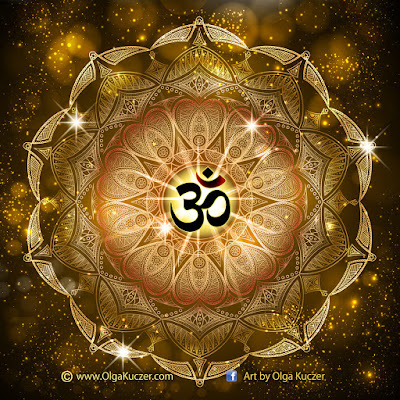To Unify Humanity
We come into and leave this world alone. In the interval of our coming and going alone we cannot live, because we need to form social groupings so as to address our wants and our insecurities.
How big can these groupings be and what is the most effective size of a group?
Scientists have discovered that we humans are socially capable of effectively handling on an average only about 500 people at any one time in our lives. That is why globally the ideal population of a typical village varies between 500 and 2500 individuals.
Even in urban living where we may encounter many more people there will be only some permanent relationships whilst in a churning many other people will constantly be leaving and new ones entering into some sort of relationship with us. As a result socially, personally and professionally, we will always have approximately 500 active relationships at any one time in our lives. It just is the way human communities have always evolved.
The levels of our greed and fear is always rising, exceeding the capacity of our relatively small social group to meet our wants and needs. So we humans have evolved two mechanisms philosophy (love of wisdom) and ideology (a rigid system of ideas and ideals) to permit us to find commonality and relate to larger number of people and cope with even millions of strangers.
Ideology and philosophy, terms and ideas whilst used interchangeably are quite different in their approach and outcomes. In short, philosophies fuel civilisations and ideologies fuels conquests and creates empires, even if so temporary.
Ideologies have believers and followers, whereas philosophies have disciples.
Both Philosophies and Ideologies are impactful because they frame and provide the narrative that flows through all disciples and followers, allowing us to be able to overcome the limitations of our individual capacities and capabilities and relate to vast number of other people.
In civilisational societies the individual is at the apex of society possessing both rights and responsibilities, which are born out of an awakening and realisation. In a civilisation, the development of society is the development of each individual and is thus they are all inclusive. They embrace everyone and everything with little or no discrimination.
In the case of ideology the ideal or the rule exercised by a powerful central authority dominates everything and the individual has little or no rights. Ideologies and the resulting empires survive and grow by impositions and enforcement, as a consequence they are rigid, intolerant and tend to be violent.
Ideology can be of different types, including political, social, religious or economical ideology. Ideology can achieve great material progress in a very short time, but it is unsustainable. This is because ideology deadens the human spirit, as a consequence empires are always at war.
Ideologies and the empires they spawn constantly exist in a state of violent flux waxing and waning in power and influence.
Alternative ideologies replace current ideologies and the resulting empires only to be themselves be replaced in turn in due course of time. Ideologies per force have to make everyone conform to dictates and seeks to make everyone identical. This is impossible to achieve but it has never stopped empires from trying to make all things equal and identical.
On the other hand Philosophy is unbounded and all embracing. Philosophy is essential for civilisational and individual development. Philosophy can lead to realisation and awakening but in a rather chaotic manner.
Empires have believers and followers who are not permitted to nor are they able to question anything about the ideology they are required to follow. Whereas civilisations have disciples who are constantly seeking answers.
If we want to unify humanity, we can either by using ideology and force everyone to become identical or philosophically choose to embrace everyone's differences.


Comments
Post a Comment